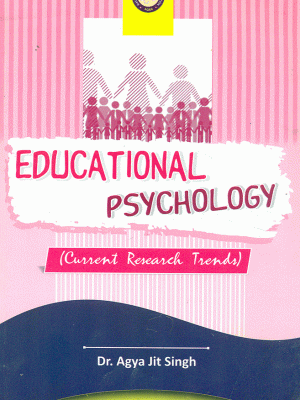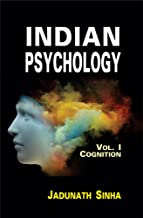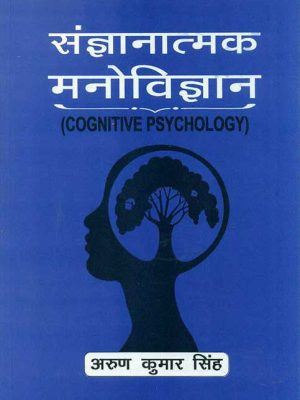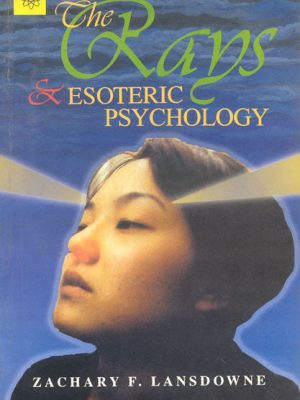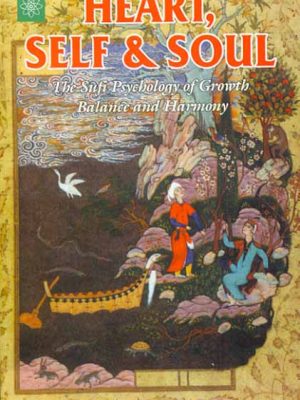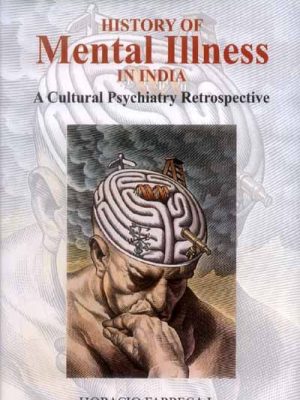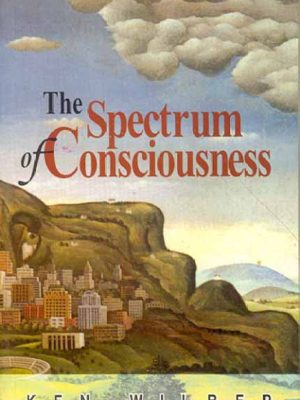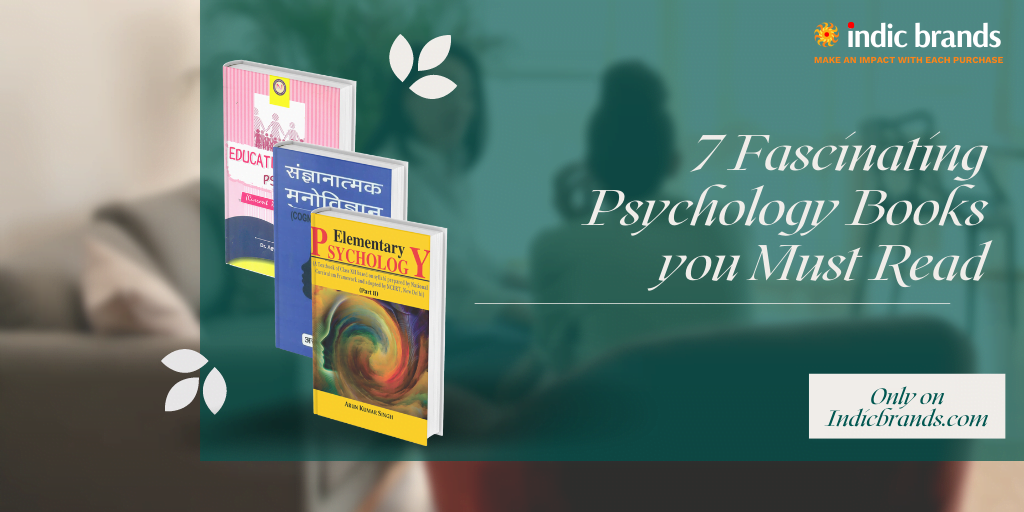

Humans are exceptional survivors and a very social species, but our inner mental world frequently diverges from reality because we live our lives effectively “stuck in our heads.” Understanding the mind and the processes that take place will improve our understanding of ourselves and the motivations behind our actions. Understanding the Mind offers a pragmatic explanation of the mind through a singular synthesis of in-depth philosophical inquiry and real-world psychology. Here are some books that can assist us in addressing issues like “What is the mind and how does it function?” Which mental inclinations promote inner tranquilly and happiness, and which do not? How can we use what we know about the mind in practical ways?
Educational Psychology: Current Research Trends
Researchers, educational scientists, teachers, and educational administrators all use educational psychology. However, anyone can read it because it covers topics that will give them a fresh viewpoint. Educational Psychology: Current Research Trends discusses recent research findings on new subjects like emotional intelligence, psychological wellbeing, locus of control, and self-efficacy, among others. There is also a discussion of recent research topics like children’s self-perception, emotional development, social development, and social intelligence. The management of behavioural issues, self-esteem and positive self, burnout among school teachers, and e-learning have also been discussed.
Indian Psychology (3 Vols.)
The Three volumes make up the entire subject matter in Indian Psychology (3 Vols.): V.I Cognition; Vol.II Emotion and Will; Vol.III Epistemology of Perception. The issues with perception and cognition are covered in great detail in Volume One. It sheds light on a variety of subjects from various Indian philosophical stances. The topics covered in Volume 2 include Religion, Alankara, Aesthetic Sentiment, Nascent Love, and Ardent Love.
The most complete book based on Sanskrit writings is this one. The analysis of epistemology and its perceptual aspects is the sole focus of Volume 3.
This book is appropriate for everyone, including the general reader interested in researching Indian psychological and philosophical literature.
Sangyanatamak Manovigyan: Cognitive Psychology
The study of how people think is the focus of the field of Sangyanatamak Manovigyan: Cognitive Psychology. Topics covered in the book include problem-solving, information processing, choice-based behaviour, and attention. It looks into a wide range of mental processes, such as how people reason, speak, pay attention to information, and perceive their surroundings.
We can better understand how the human brain functions by understanding how people think and process information. It also enables psychologists to create fresh strategies for assisting people with psychological issues.
The Rays and Esoteric Psychology
-
 The Rays and Esoteric Psychology₹395.00
The Rays and Esoteric Psychology₹395.00
Esoteric refers to something that is hardly ever understood by others. The soul or self, which is the ensouling entity or integrating principle within the physical form, is the primary focus of esoteric psychology. The process by which the personality fuses with and is controlled by the soul is the main topic of this book. The Rays and Esoteric Psychology acts as a useful manual for self-examination, personalised guidance, character development, emotional cleansing, meditation, and service. It will also assist contemporary readers in fusing the energies of their souls and personality.
Heart Self and Soul: The Sufi Psychology of Growth Balance and Harmony
Robert Frager, a Western psychologist, authored Heart Self and Soul: The Sufi Psychology of Growth Balance and Harmony. It guides us through the extensive spiritual heritage of Sufism as a means of growing personally. Western psychotherapy’s main goal is to help us get rid of any neurotic traits we may have acquired as a result of our upbringing or the culture we live in. However, the ultimate goal of the Sufis is spiritual. It seeks to transform our negativity, give us the tools we need to live more effectively and unite us with a higher power.
History of Mental Illness in India: A Cultural Psychiatry Retrospective
History of Mental Illness in India: A Cultural Psychiatry Retrospective is written by Horacio Fabrega, it emphasises how Indian culture, faith, moral code, social sciences, and philosophical psychology impact Indian people’s worldviews and dietary patterns over a period of time. A groundwork for criticism and a call for expanding the scope and depth is provided by a discussion of perspectives on psychiatric conditions that are based on traditional Indian values. This book will be an interesting read.
The Spectrum of Consciousness
-
 The Spectrum of Consciousness₹795.00
The Spectrum of Consciousness₹795.00
The Spectrum of Consciousness by Ken Wilber combines elements of philosophy, psychology, physics, and religion. It is a ground-breaking book and one of the pioneers in fusing psychological theories and research from the West with Eastern psychological theories that are more contemplative, spiritual, and noble.
Social scientists typically dislike studying “mental illness” in societies where different worldviews, thought worlds and behavioural patterns are prevalent because doing so requires analysing phenomena that are deeply ingrained in contemporary knowledge conventions. These books outline and provide information about the system of treating psychiatric conditions that would have been present in the early modern and ancient traditional periods. They rely on the conclusions reached by Indian epidemiologists who examined the prevalence and distribution of psychiatric disorders in contemporary India’s traditional and modern settings.
You can check other books on psychology and various other subjects on our website http://indicbrands.com, you can also read more about Hinduism on our page http://hindumediawiki.com and you can connect with us on our Twitter handle at http://twitter/indicbrands.com
